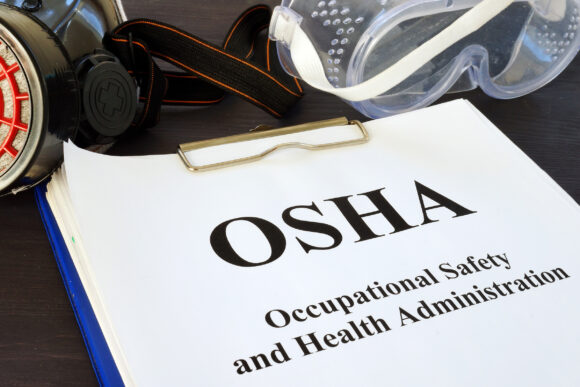The federal Occupational Safety and Health Administration (OSHA) says that a second inspection of Dean Sausage Co. Inc. in Ayyalia, Alabama found similar workplace safety hazards as identified in a 2022 inspection, prompting the agency to propose $116,153 in penalties.
OSHA said the latest inspection found seven repeat violations for exposing employees to hazards by failing to use machine-specific lockout/tagout procedures and by not maintaining machine guarding.
In addition, according to OSHA, Dean Sausage failed to maintain clear exits, and to implement a written hazard communication program, including worker training, for those working with hazardous chemicals. The employer also did not maintain required safety data sheets for the materials, the agency alleges.
OSHA also cited the company with two serious violations for lacking lockout/tagout procedures to protect employees before they cleared a machine’s bread cutter. Lockout–tagout procedures are meant to assure that equipment is properly shut off and won’t restart until after maintenance or repair work is completed.
OSHA said that in its initial 2022 inspection, it cited Dean Sausage Co. for a total of 14 violations and assessed the company with more than $37,000 in proposed penalties.
Dean Sausage Co. Inc. employs 85 workers at its Attalla facility. The company produces meat products, including sausage and frozen biscuit sandwiches distributed to retailers throughout the southern U.S.
OSHA has the right to contest the allegations and penalties.
In another Alabama case, OSHA investigated a Cullman manufacturing plant after a 38-year-old worker was killed after getting caught inside a molding machine, a fatality that OSHA says the employer could have prevented by following established safety rules.
OSHA said it found that a Cullman Casting Corp. production supervisor attempted to adjust a plastic film on a mold machine – meant to produce forklift counterweights – when the machine cycled, pinning the worker between the moving components inside. OSHA investigators determined that the employer failed to de-energize and lockout the automated molding machine while workers were performing maintenance and cleaning.
Topics Commercial Lines Workers' Compensation Business Insurance
Was this article valuable?
Here are more articles you may enjoy.



 Insurance Broker Stocks Sink as AI App Sparks Disruption Fears
Insurance Broker Stocks Sink as AI App Sparks Disruption Fears  Florida Engineers: Winds Under 110 mph Simply Do Not Damage Concrete Tiles
Florida Engineers: Winds Under 110 mph Simply Do Not Damage Concrete Tiles  Trump’s Repeal of Climate Rule Opens a ‘New Front’ for Litigation
Trump’s Repeal of Climate Rule Opens a ‘New Front’ for Litigation  Allstate CEO Wilson Takes on Affordability Issue During Earnings Call
Allstate CEO Wilson Takes on Affordability Issue During Earnings Call 

